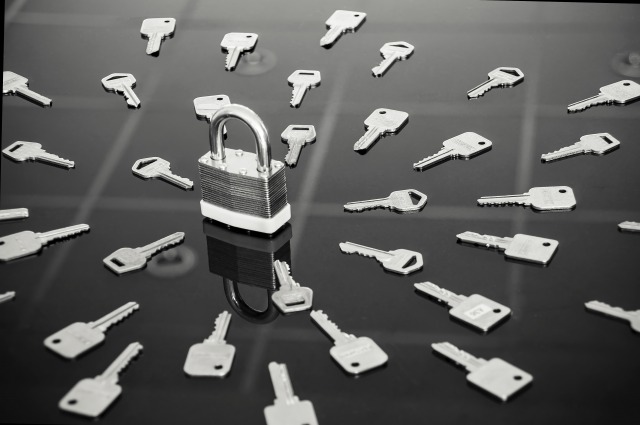-
WhatsApp Upgrade Warning: Here’s What 2 Billion Users Need To Know
-
New Survey Finds 22% Of Americans Have Been Targeted By Digital Fraud Related To COVID-19
-
Zoom’s A Lifeline During COVID-19: This Is Why It’s Also A Privacy Risk
-
Your Social Security Number Costs $4 On The Dark Web, New Report Finds
-
‘Elite Hackers’ Thought Behind Cyber Attack On World Health Organization
WhatsApp announced that it had hit the two billion user milestone on February 12. Those users are now being exposed to a recurring security risk. That risk revolves around a warning that spread about a malicious WhatsApp message that first appeared back in 2016. The warning, which spread virally as these things have a habit of doing, involved a supposed WhatsApp invitation to upgrade to WhatsApp Gold. Accept the invite, and users would be asked to click a download link, which in turn would install malware on their device.
New research from TransUnion is offering early insights into the impact of social distancing, shelter-at-home, quarantine, and lockdown measures taking place in the wake of the COVID-19 pandemic.
On the surface of it, Zoom’s privacy policy is similar to the likes of Facebook and Google–it collects and stores personal data and shares it with third parties such as advertisers. But Zoom’s policy also covers what it labels “customer content,” or "the content contained in cloud recordings, and instant messages, files, whiteboards ... shared while using the service."
This includes videos, transcripts that can be generated automatically, documents shared on screen, and the names of everyone on a call.
A new investigation conducted by Atlas VPN based on Flashpoint Intelligence research findings between 2017 and 2019 has uncovered the approximate cost of popular goods and services on the dark web.
The World Health Organization is a vital hub for advice, research, factual reports and response coordination during the coronavirus pandemic. That it should be the target of cyber attacks during a time of crisis is, frankly, reprehensible. The fact that those attacks have more than doubled, according to World Health Organization CISO, Flavio Aggio, more so. One such attack is thought to have been carried out by a group of elite hackers, an advanced persistent threat (APT) actor called DarkHotel that has been in the business of cyber-espionage for more than a decade.




